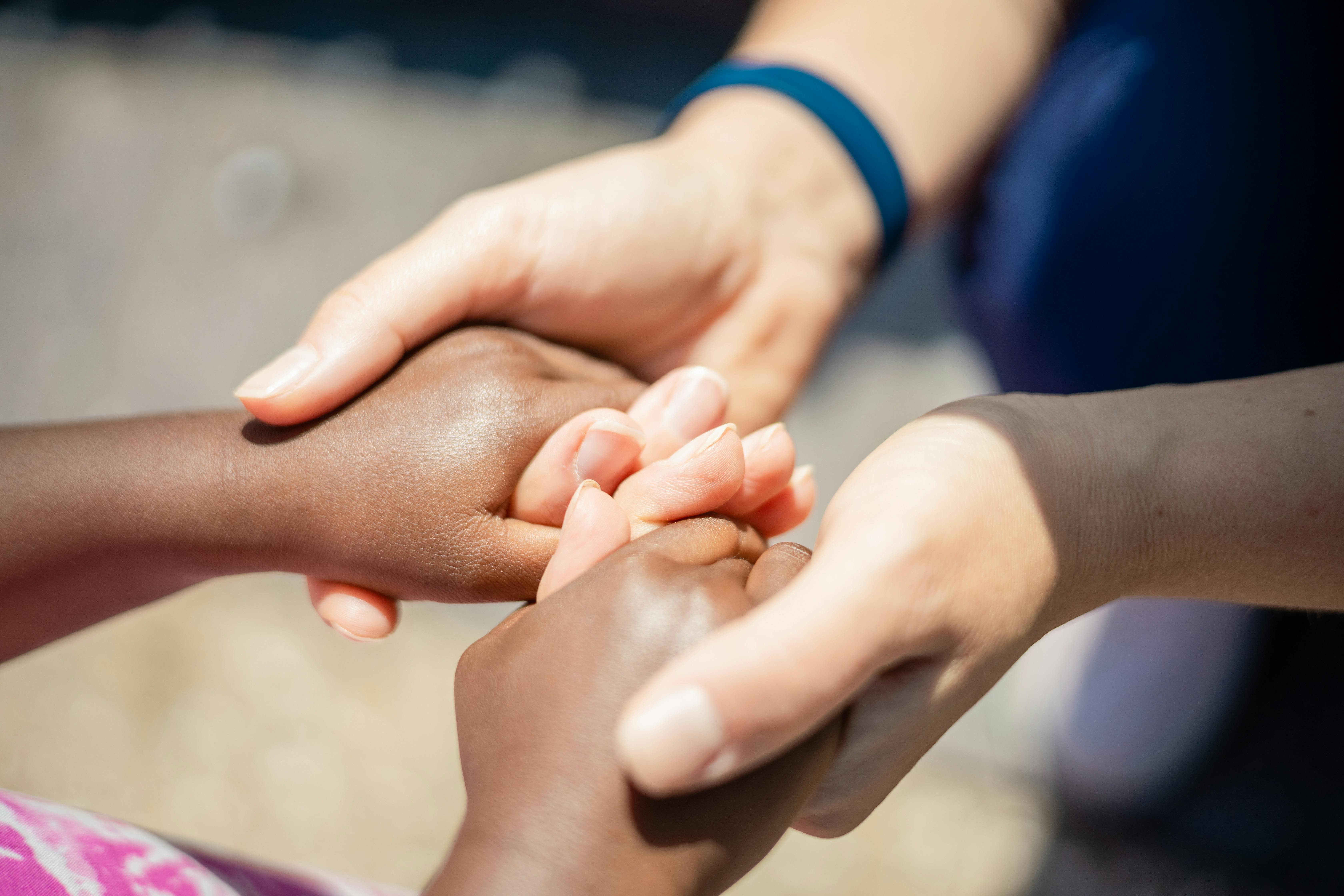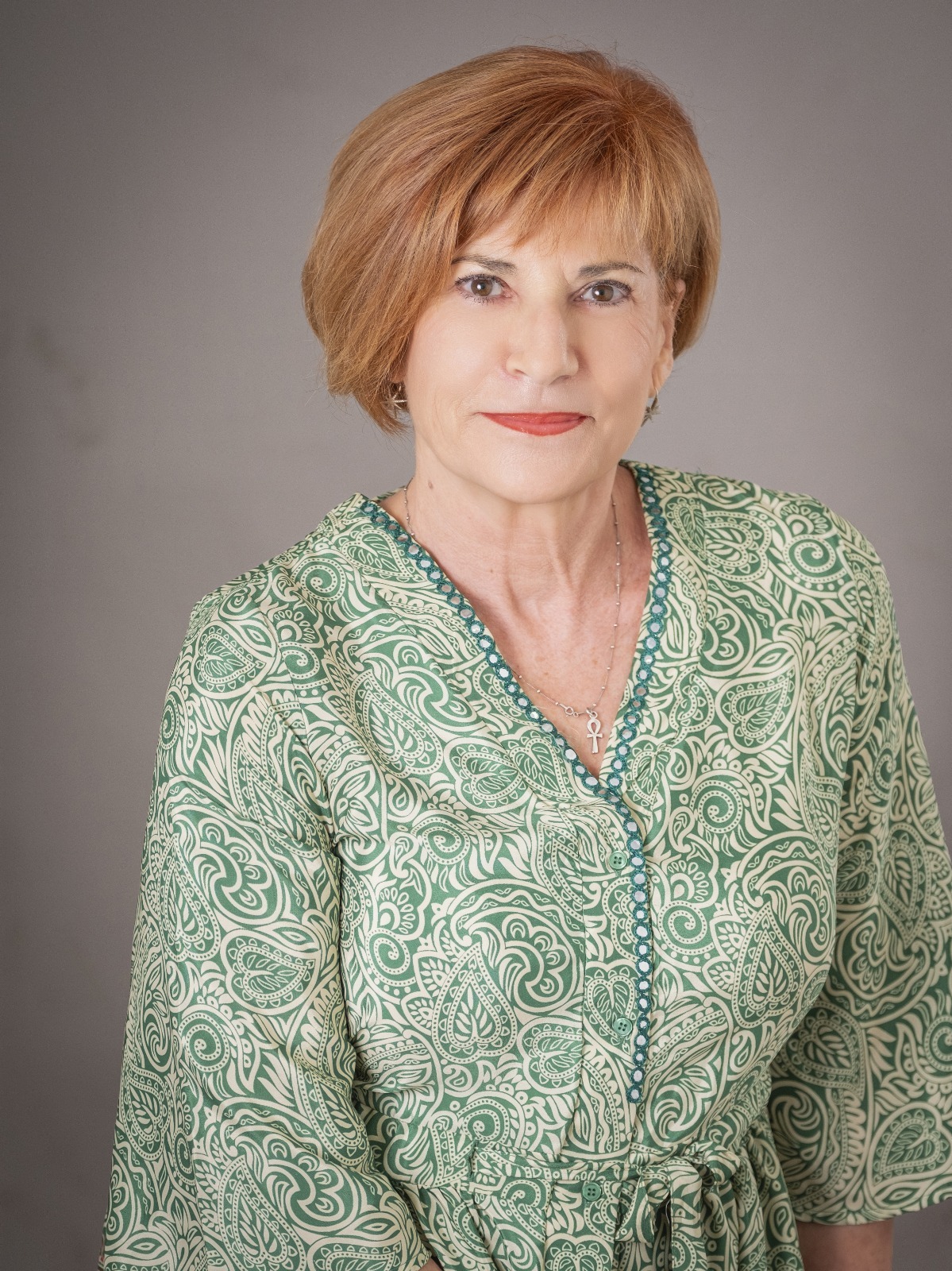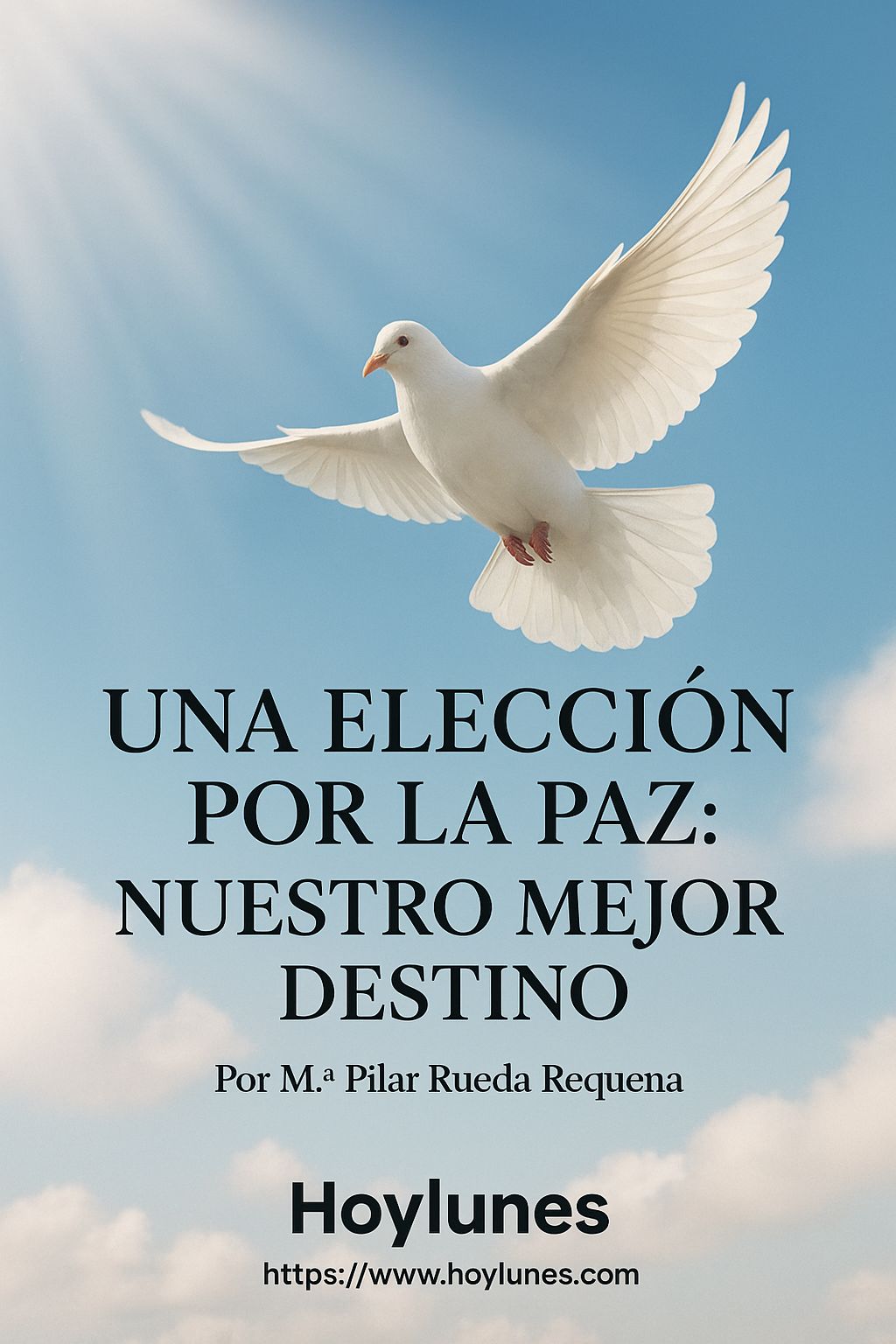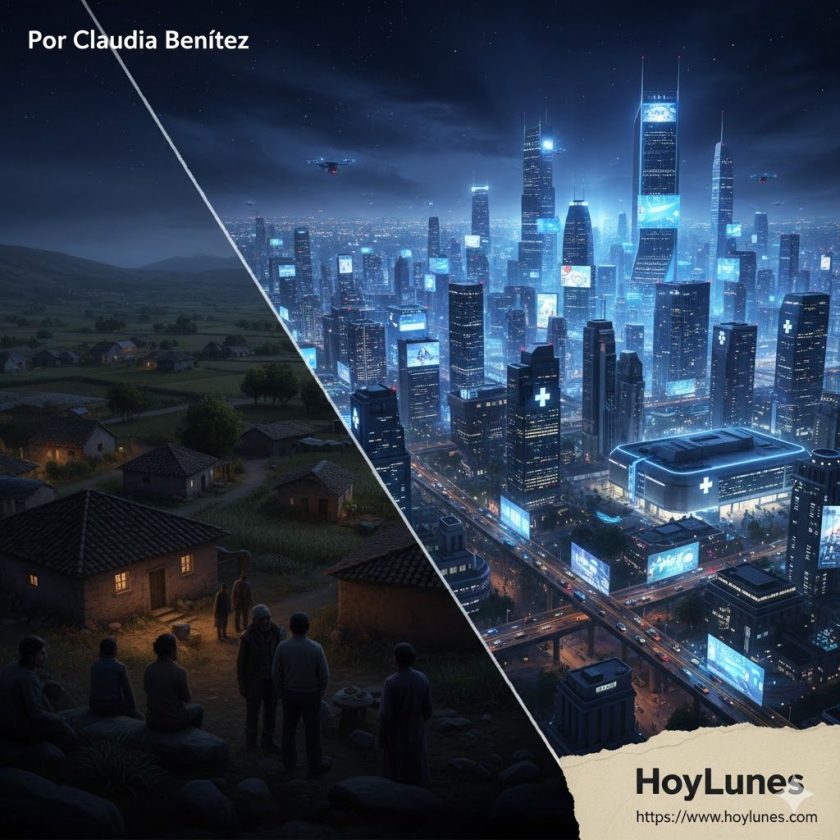An urgent call to dismantle fear, violence, and excessive competition in order to choose, every day, the path of peace and empathy.
By M.ª Pilar Rueda Requena
Hoylunes – A few days ago, we were shocked by the news of a young man who, with a precise shot, ended another person’s life. This event causes astonishment due to its gravity. Within hours of this impact, “arguments in defense” and justifications begin to surface, attempting to explain such an abominable act, placing the perpetrator on the opposite side of those who spread it, whether for political, religious, or other reasons. However, reality is very different; there are worrying indicators, such as the consumption of violent video games and the easy accessibility of weapons in a country where their possession is allowed. The consequences of this act are not immediately visible, but not only has another life been taken, but also that of the perpetrator himself and his entire family, who will likely live forever with a feeling of pain and guilt for not having been able to do things differently.
The prevailing reality we see reflected through the media is that each person or group of people wears glasses of different colors: blue, red, purple… this implies a priori that, depending on the chromatic range, the perception of reality may be different, with unique nuances. However, if we were to remove the glasses, all people would look at the same object, reflected in our retinas, and we would share the same physical reality.

This scenario invites us to reflect: why don’t we connect with the authentic gaze that resides within us, in our heart and in our essence? True vision, the one that transcends interpretations and prejudices, would allow us to see reality as it is, without filters. For this, it is essential to recognize our emotions and the context in which we find ourselves. This requires empathy, openness, and a genuine willingness to listen and understand.
What prevents us from doing so is called FEAR and the inability to recognize our indirect responsibility as a society. Since time immemorial, the institutions that have guided humanity’s course—whether political, religious, or economic—have woven a complex web of divisions. Using the ancient motto “divide and conquer,” they have fostered separation among people, encouraging identification with flags, religions, beliefs, and ideologies. Thus, each individual finds themselves in a constant game of loyalties, where belonging to a group often becomes a motive for confrontation with others. This fragmentation is not only a social phenomenon but a mechanism of power that prevents unity and strengthens the control of those who seek to perpetuate their interests. On the other hand, for the individual, it creates a defense mechanism: by feeling “protected” by their own, they remain in their comfort zone, denying themselves the possibility of thinking and deciding freely, without impositions.
In this context, the capitalist system has accentuated competition as a fundamental pillar of existence. From an early age, we are educated in the idea that we must be the best, excel in every aspect of life: academically, in sports, in the workplace, and socially. However, this mentality develops in an environment where others are equally trained to follow the same path of competitiveness.
This turns life into a constant struggle and hurdle race, where even the schoolyard becomes a battlefield conducive to the growth of revenge, exclusion, and mockery. In its most extreme form, these dynamics give rise to bullying and school harassment, manifestations of the profound fear of being surpassed, of someone eclipsing our achievements, or simply, the unease of not being enough. All this generates a dual reality: winners and losers, victims and executioners.

The question that arises then is: why can’t we tune into the same frequency? Why not open ourselves to listen to and understand different perspectives, and also contribute creative ideas that benefit everyone? When we achieve that genuine connection, we can collaborate to improve the object, the situation, or the reality we share, knowing that the benefit will be common.
There are numerous video games aimed at teenagers that include elements of violence and combat. Some of the most common genres are first-person shooter action games. Victory is achieved by eliminating the opponent; however, these video games do not teach the consequences derived from such actions, the repercussions on the environment, and especially, how it affects those who act in such a way.
Why not talk about peace instead of war? Instead of focusing on attacks, deaths, and on perpetuating the constant circle of fear. Why not promote video games that convey human values, where each person’s life has a specific value and their destiny is marked by valuable experiences that can provide us with wisdom and knowledge? Because, although we sometimes face difficult situations and serious personal crises, we must remember that after the tunnel there is always light. That light represents our victory over ourselves and the ability to move forward with hope and strength.
It is essential to question these systems and values that fragment us and separate us from our essence. Only then can we move towards a more just, equitable, and peaceful society, where true victory lies in collective well-being and respect for diversity.

At the core of these dynamics lies the longing for connection, the desire to be seen and valued, and the underlying fear of vulnerability. Behind competition and division is an innate need for belonging, recognition, and love. The true challenge lies in finding ways to transcend these divisions and build bridges instead of walls, fostering a culture of collaboration and empathy rather than one of confrontation.
We have been led to believe that competition and consumerism are the paths to happiness, when in reality, true peace is found in recognizing our interconnection as human beings, in choosing harmony over conflict.
Peace is not a distant dream, but a daily choice that we can make in every small act, in every interaction, and in every thought. Today, the disconnection between the economy, basic human needs, and social relationships reflects a set of values and interests that prioritize the pursuit of individual benefits and competition, instead of promoting a sense of community, solidarity, and cooperation.
Peace is not sought, peace is given.

#hoylunes, #m.ª pilar_rueda_requena,



